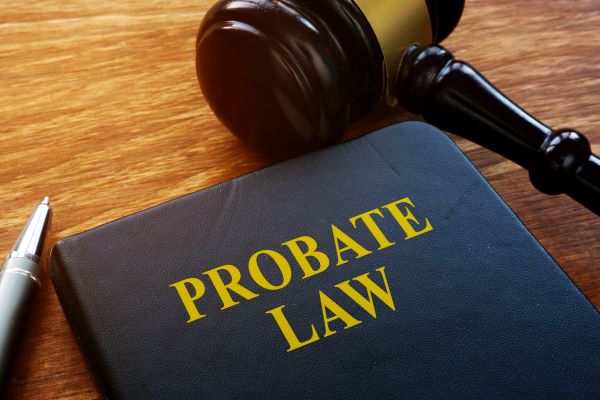
Ohio Estate Planning: What is the Difference Between a Will and a Trust?
Anyone over the age of 18 needs an estate plan and there are different tools you can use to carry out your wishes for your assets and property.
Many people believe that wills, trusts, and powers of attorney (POA) are only needed for people with considerable wealth.Yet every adult should prepare advanced medical directives that allow someone else to make decisions on their behalf if they are injured or seriously ill.
As experienced estate planning attorneys, we work with clients to create effective estate plans and offer guidance during the probate process in Ohio.Here are some basic differences between the types of estate planning tools you can use to protect yourself and take care of loved ones after you are gone:
- Wills: A will is a document used to direct how the property of a person should be distributed after their death.Whether you have significant or modest wealth, a will provides clear direction for family, friends, and relatives about who should receive your wealth, property, or personal possessions.Whether an estate is simple or complex, a will lets your family know your wishes—helping to avoid long-term family disputes over assets or personal affects.
- Trust: A trust is a tool used to hold property or assets for a person, family, or organization.When assets are placed in a trust as part of an estate plan for your survivors, your assets are usually protected from the probate process.A trust also shields inheritance monies from actions that might otherwise drain it, like divorce or the debt of a child. A will dictates what should happen to assets, and a trust protects and holds those assets for beneficiaries.
- Living Will: A living will is a document used to carry out your wishes about your own medical care if you become incapacitated.It is important for all adults to designate another adult, whether parent, spouse, or friend, who is able to carry through with your medical wishes if needed.
While downloading a blank will template from the internet seems like an inexpensive solution, it could cost your family the protection provided by a valid Ohio will.If you prepare your own will, be sure to have a probate or estate planning attorney review it to ensure that it is valid when the time comes.
Two important documents to accompany your living will include a Health Care Power of Attorney and a Financial Power of Attorney.Differences between these documents include:
- Health Care Power of Attorney: This document designates a person with the authority to make medical decisions on your behalf, including the enforcement of your Living Will.
- A Financial Power of Attorney: A financial POA identifies the person authorized to make financial decisions on your behalf.The individual you designate to make your medical and financial decisions may, or may not, be the same person.When choosing a person to act on your behalf, be sure to talk with them first and ask whether they would be comfortable with the responsibility.
An estate plan is an essential tool to set your mind at ease—and help your loved ones when the time comes.If you need an estate plan or if it has been more than three years since you revisited your current plan, speak with a reputable estate planning lawyer today.
Experienced Legal Guidance on Estate Law and Probate Matters in Chillicothe and Waverly
Seif & McNamee, LLC delivers knowledgeable legal support to clients and families throughout Southern Ohio on matters of estate and business law, family and personal injury law, and other practice areas. Contact us or call 740.835.4882 today.



